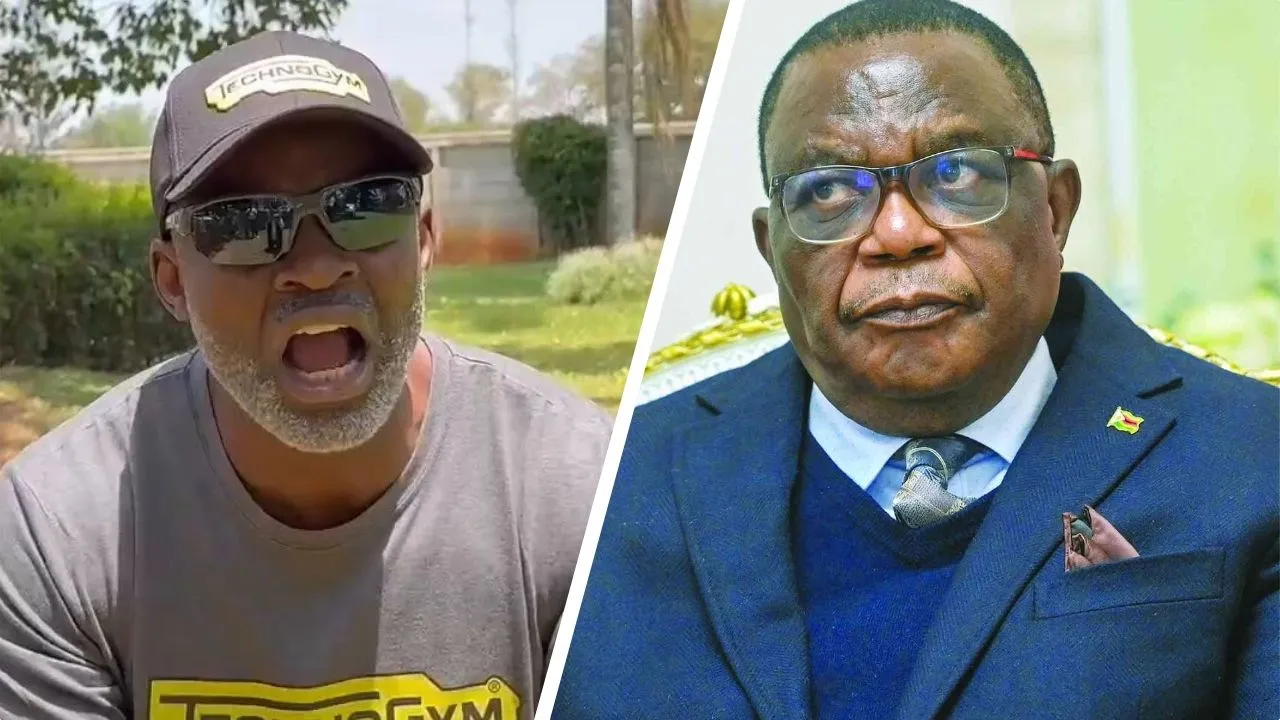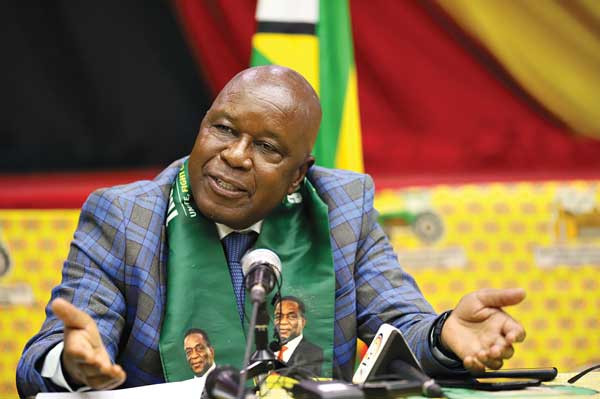Politics
ZANU PF Should Not Plunder Its Chance to Gain Legitimacy for the First Time in 25 Years

By Desmond Nleya | Opinion
For the first time in nearly a quarter of a century, Zimbabwe stands on the brink of what could be a free, fair and credible election, if only ZANU PF resists the temptation to overreach.
The political ground has shifted dramatically since the last disputed polls. With the opposition fragmented and largely non-existent, ZANU PF finds itself in a position of unprecedented dominance.
Credit must be given where it is due.
Under President Emmerson Mnangagwa’s leadership, the government has managed to stabilise key sectors of the economy, restore a measure of confidence in governance, and reopen international engagement channels that were once closed.
The country is calmer, investment interest is returning, and infrastructure development has gathered momentum.
Yet, this emerging stability and goodwill could evaporate if ZANU PF chooses to pursue its ill-advised 2030 agenda of extending the presidential term.
History has shown that political overstay, especially in Africa, rarely ends well, both for the leader and the party. What should be a golden opportunity to regain international legitimacy risks being squandered by a desire to cling to power unnecessarily.
ZANU PF must learn from Tanzania’s cautionary tale.
The ruling party there, Chama Cha Mapinduzi (CCM), enjoyed overwhelming popular support but eroded its credibility by using excessive force and imprisoning opposition figures during elections.
By silencing dissent that posed little real threat, CCM tainted what could have been a smooth and legitimate victory.
The parallels are instructive. Zimbabwe does not need to follow that path.
With no formidable opposition in sight, the 2028 elections present ZANU PF with a historic chance to demonstrate political maturity.
It can prove, once and for all, that it does not need manipulation or coercion to win.
A free, fair, and transparent election , monitored by international observers, would go a long way toward restoring global confidence in Zimbabwe’s democracy and governance institutions.
The international community, long sceptical of Zimbabwe’s electoral integrity, is watching closely.
A credible 2028 election would unlock diplomatic goodwill, attract foreign investment, and place the country on a path of sustainable recovery.
On the other hand, extending the presidential term or restricting political space would only reinforce old stereotypes of authoritarianism and illegitimacy.
ZANU PF’s greatest victory will not be measured by another landslide win, but by the legitimacy of that win.
The party has a rare window to write a new chapter in Zimbabwe’s democratic story, one defined not by coercion or controversy, but by confidence and credibility.
In short, ZANU PF must not plunder its moment.
It must go for elections in 2028, not 2030.


